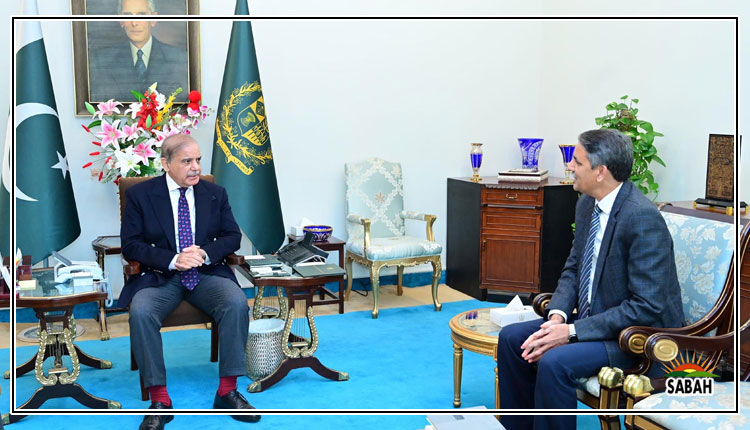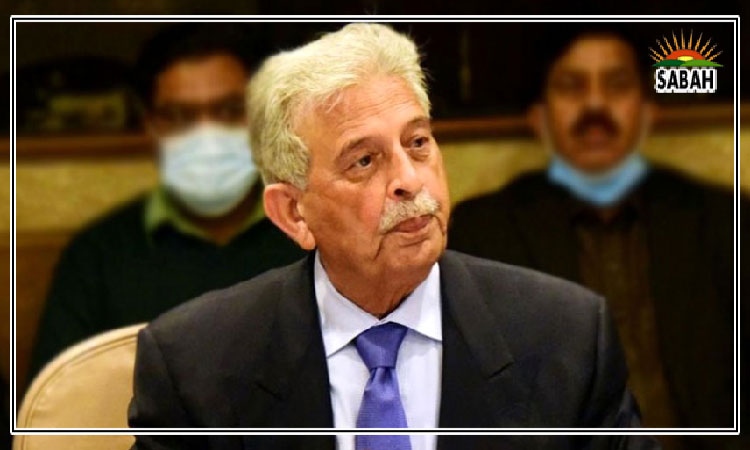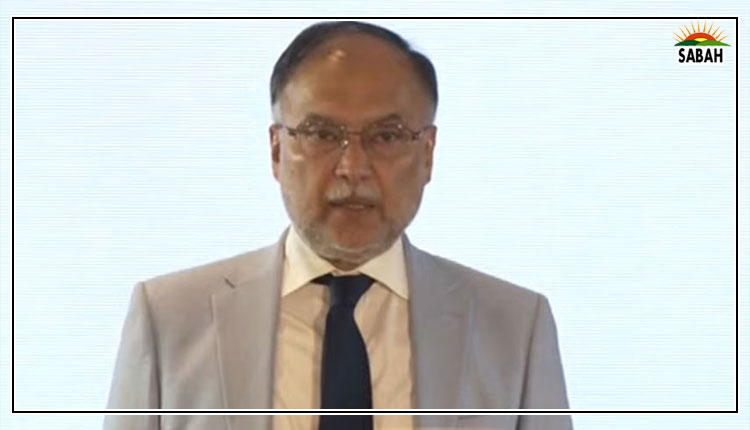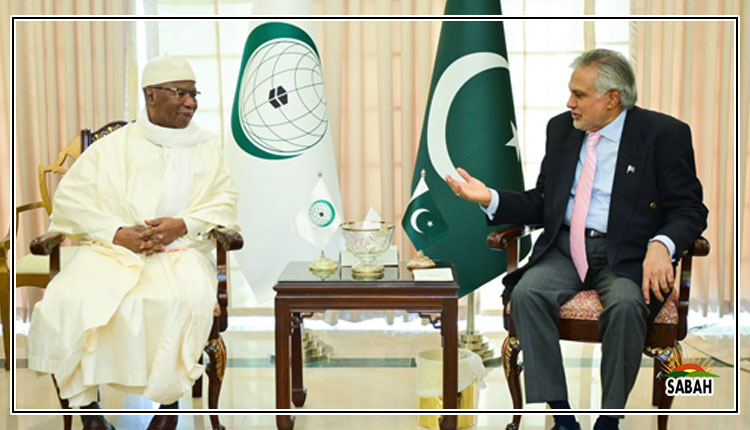Success Repatriation Policy Crucial for Fulfilling National Objectives: PICSS Roundtable asserts
ISLAMABAD, Nov 29 (SABAH): Speakers and participants of a roundtable conference held in Islamabad agreed that the government’s policy to repatriate illegal Afghan refugees has to succeed to achieve the desired goals.
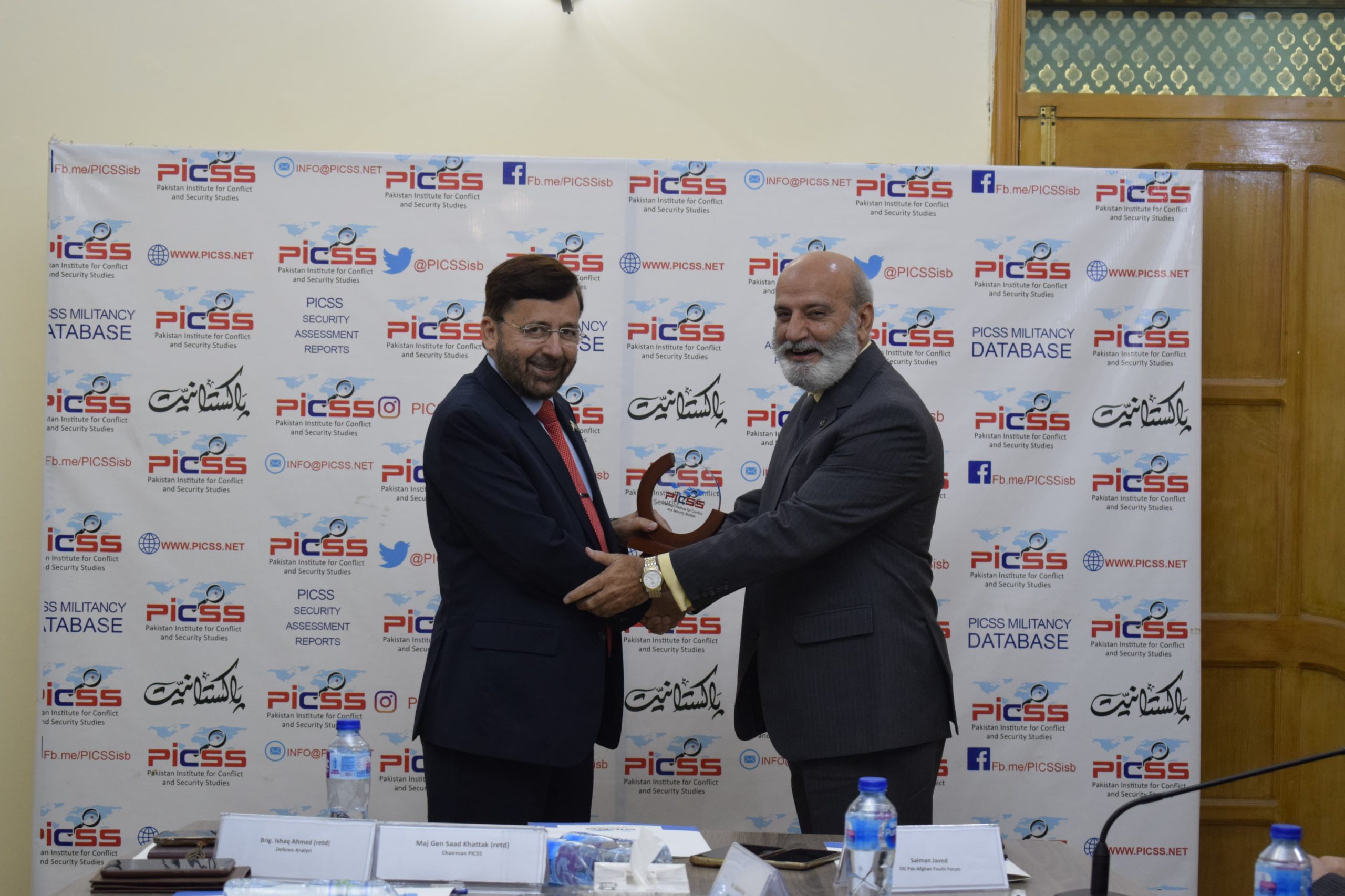
Islamabad-based think tank Pakistan Institute for Conflict and Security Studies organized a roundtable conference titled “Evaluating the impact of government’s policy on repatriation of unauthorized refugees.”
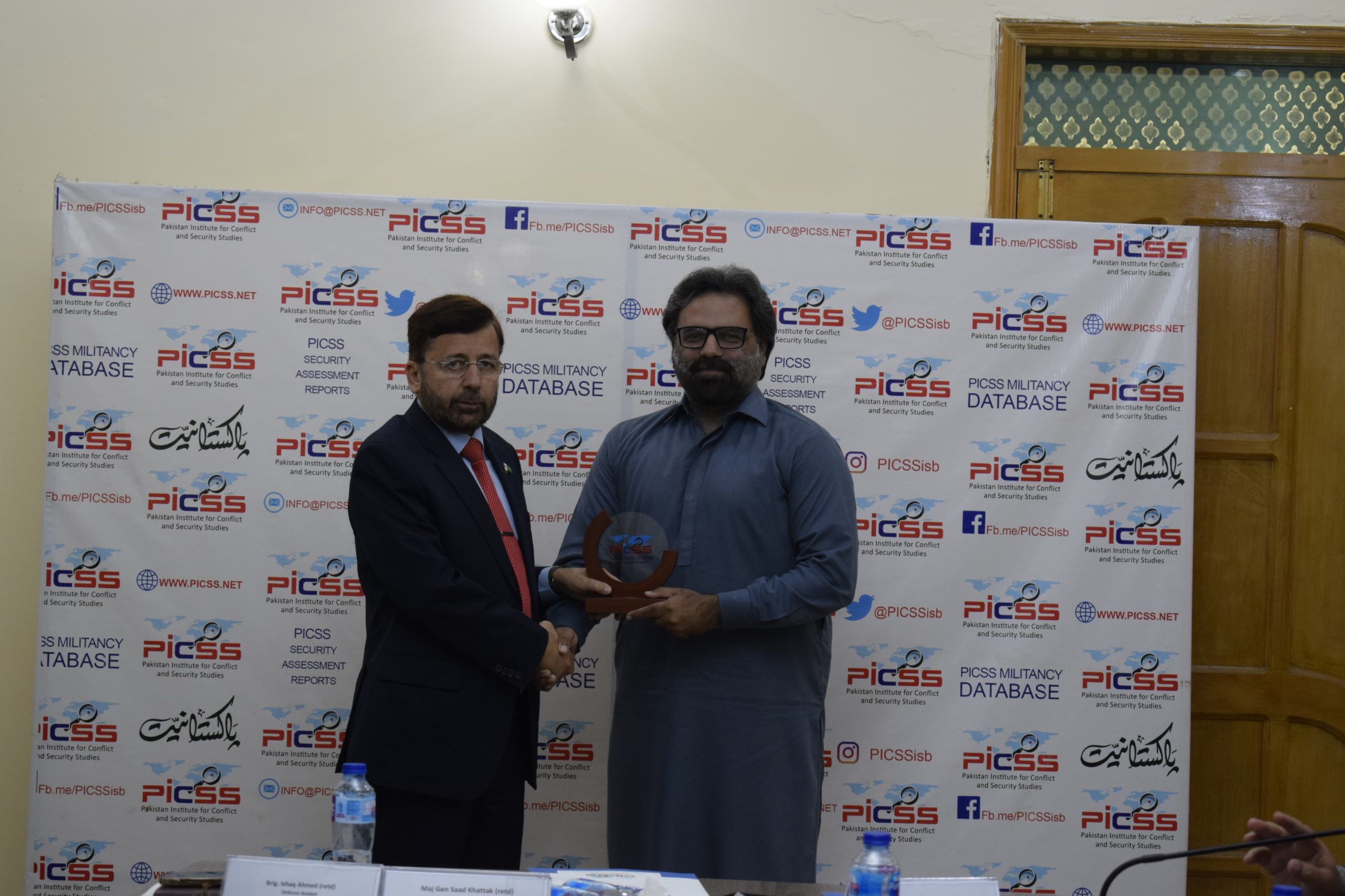
The conference was addressed by Brigadier Ishaq Khattak (Retd), Salman Javed Director General of Pak Afghan Youth Forum, and Abdullah Khan Managing Director of PICSS. The event was attended by academics, defense analysts, media persons, and students.
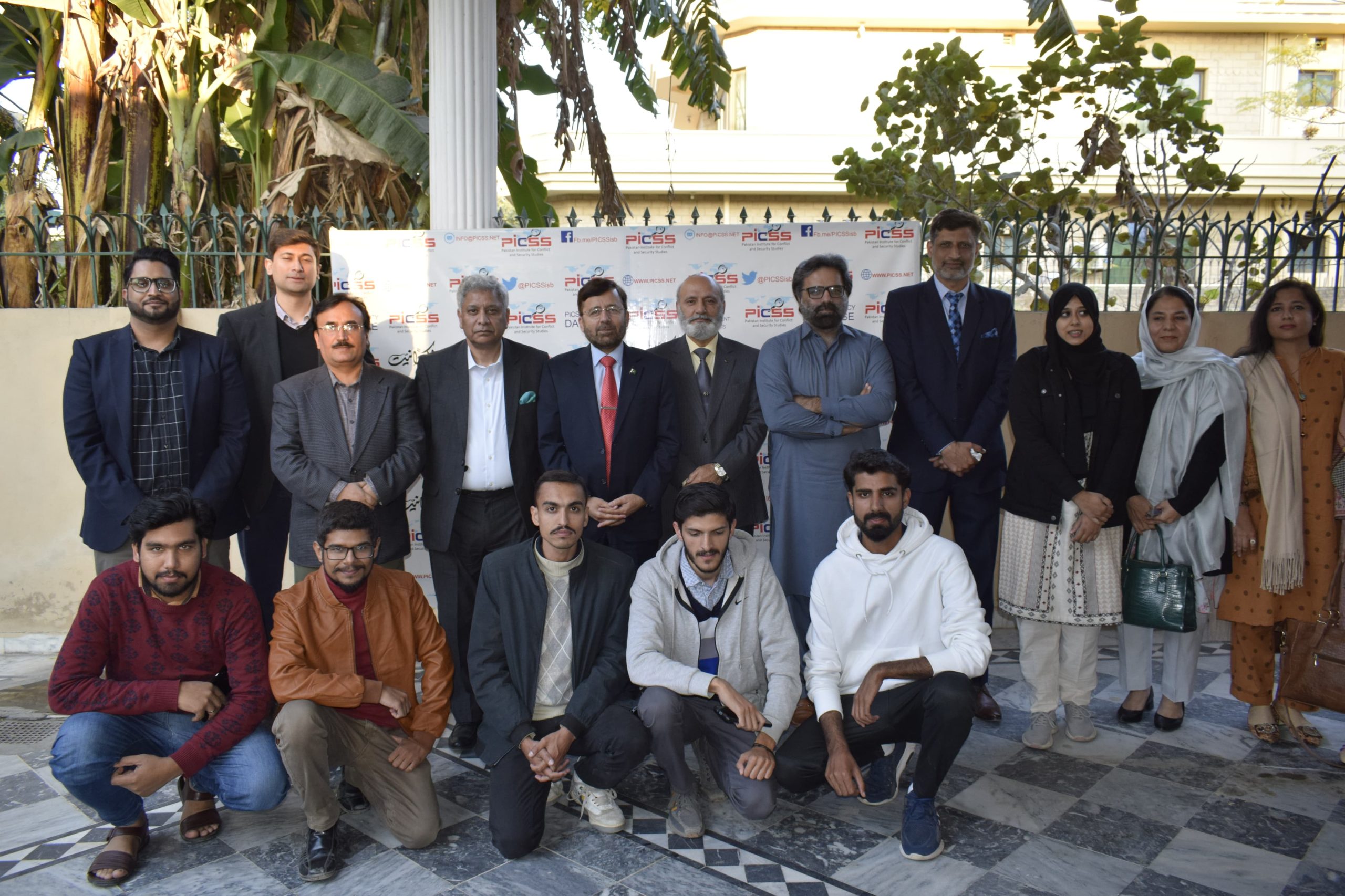
The session was chaired by Chairman PICSS Major General Saad Khattak (Retd) who said in his concluding remarks that in whatever circumstances the policy was adopted once it is adopted, we should back it up and it must succeed. He said that there is almost a consensus that Afghan refugees have to go back to their homeland, the only difference is about the time selected for the adoption of this policy. However, since it is adopted now in the middle of the implementation the focus should be on the success of the policy.
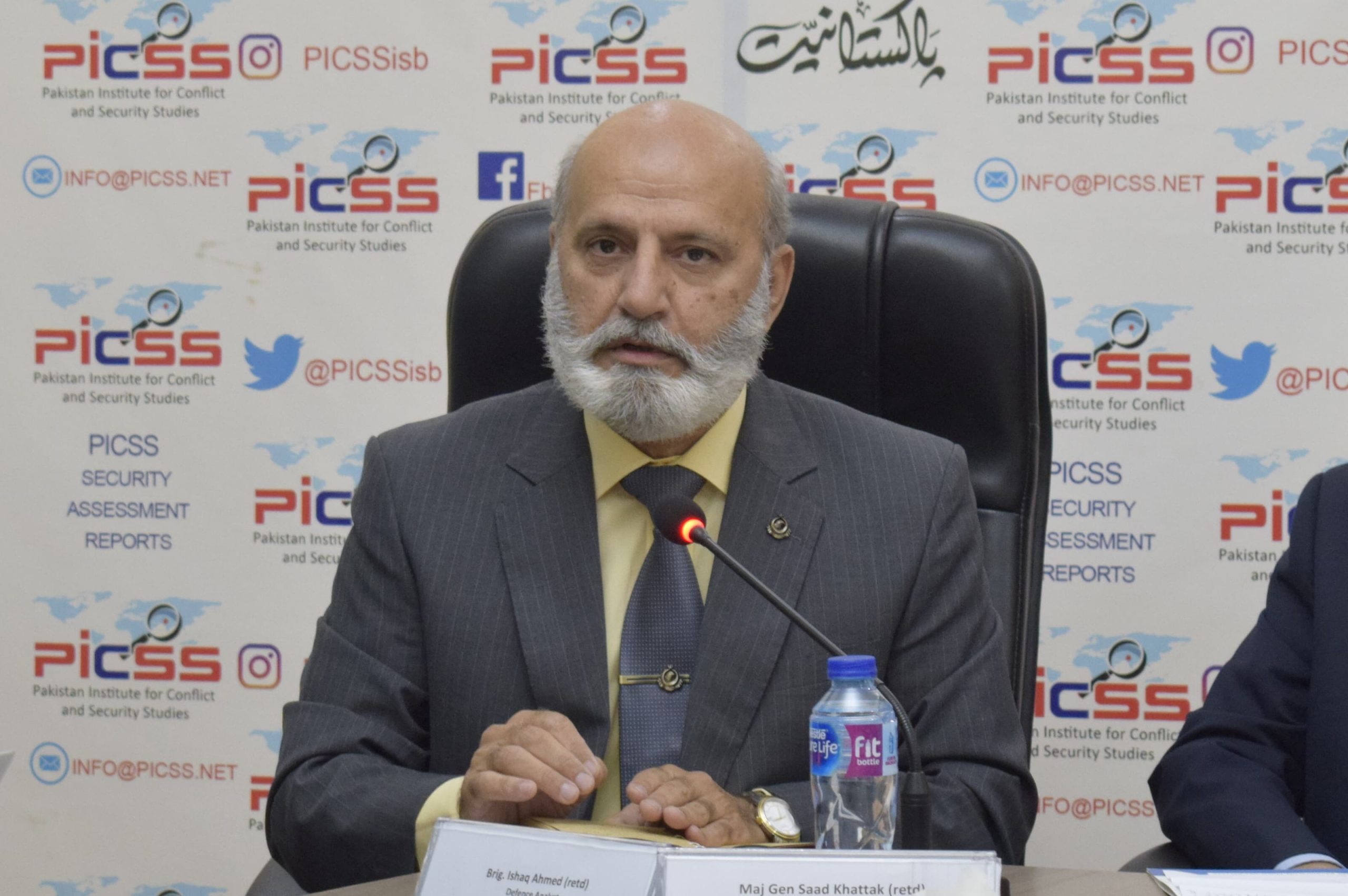
Brigadier Ishaq Khattak said that Pakistan and Afghanistan almost had shaky relations. He said that the goal to improve the security situation in the country through repatriating Afghan refugees is hard to achieve. According to him, there may be some decline in social or ordinary crimes but as far as the issue of terrorism is concerned it would be hard to achieve that goal because TTP has its sanctuaries and patronage in Afghanistan.
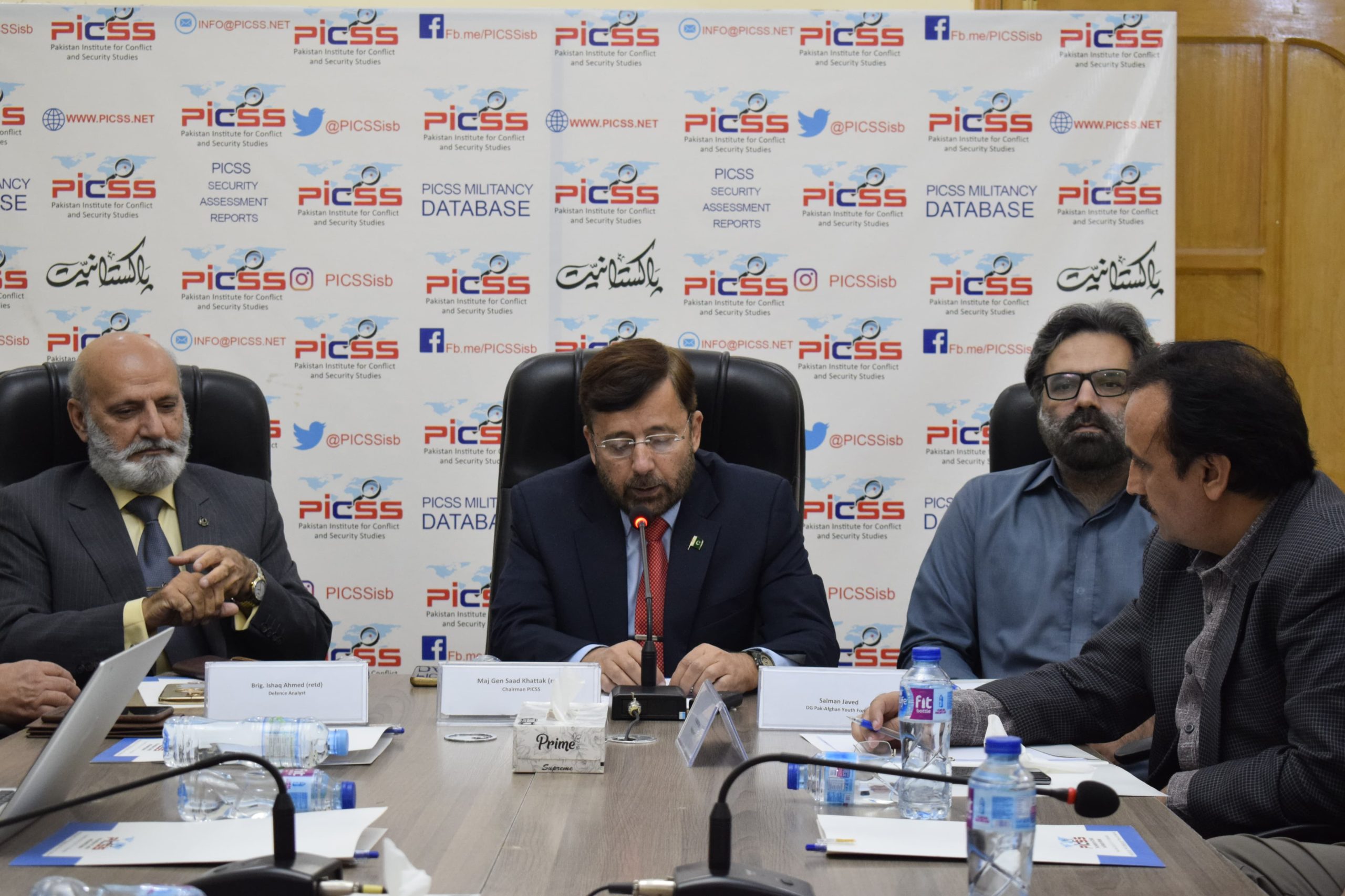
The move is viewed as a means to allow our dedicated security agencies to focus more effectively on pressing security challenges. The call for maturity and state-like behavior is resonant, Suggestions lean towards adopting robust border control mechanisms akin to those with India, rather than relying solely on extensive fencing efforts.
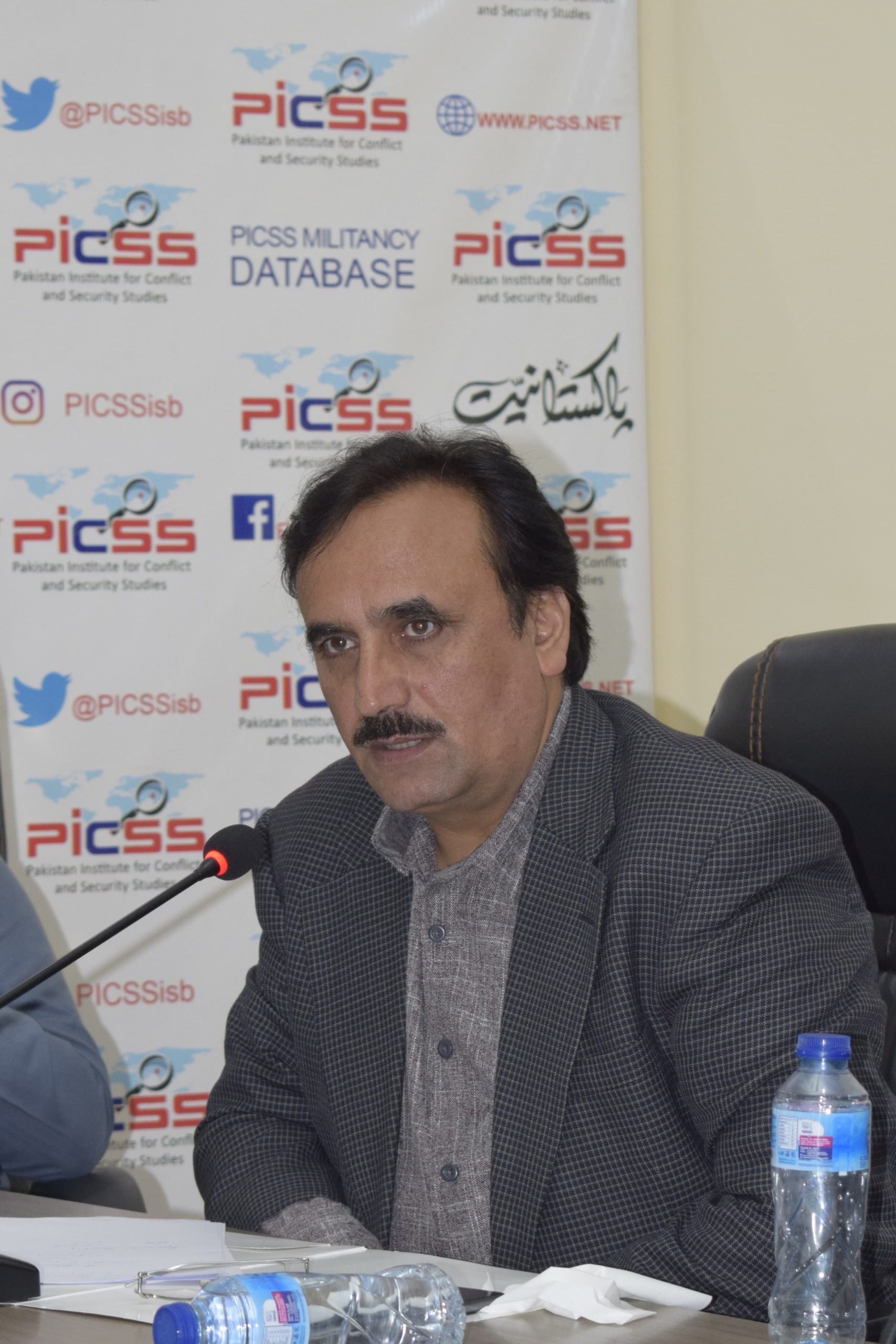
Salman Javed emphasized the economic and cultural role of this repatriation on both sides. He said that following the US invasion of Afghanistan in 2001, 886,000 Afghans entered Pakistan and now hold an ACC card, registered in both Pakistan and Afghanistan’s databases. In 2021, 1.1 million Afghans entered Pakistan after the Taliban took control of Afghanistan and they are economic migrants while at least 1.4 million Afghans are registered with UNHCR, this constitutes around 2.6 million Afghans who are not being repatriated.
So far only around three hundred thousand Afghans living in Pakistan illegally are repatriated while during the same period, Iran has deported around four hundred fifty thousand Afghans but there was no hue and cry on that repatriation.
He said that If we look at the condition of Afghan refugees in Iran It didn’t allow them to leave refugee camps and they are bound in those camps whereas in Pakistan after 1995 afghan refugees were allowed to leave the refugee camps and settle wherever they wanted in Pakistan.
Abdullah Khan argued that the Afghan while criticizing the policy of repatriation of Afghan refugees we must consider the circumstances in which the policy was adopted. He said that TTP’s incursion from Chitral acted like the last straw on the camel’s back as Pakistan had to respond. “Instead of using kinetic force and conducting surgical strikes inside Afghanistan, Pakistan adopted a non-kinetic approach” Abdullah Khan argued. He said that since the repatriation process started a slight decline in militant attacks was observed.



